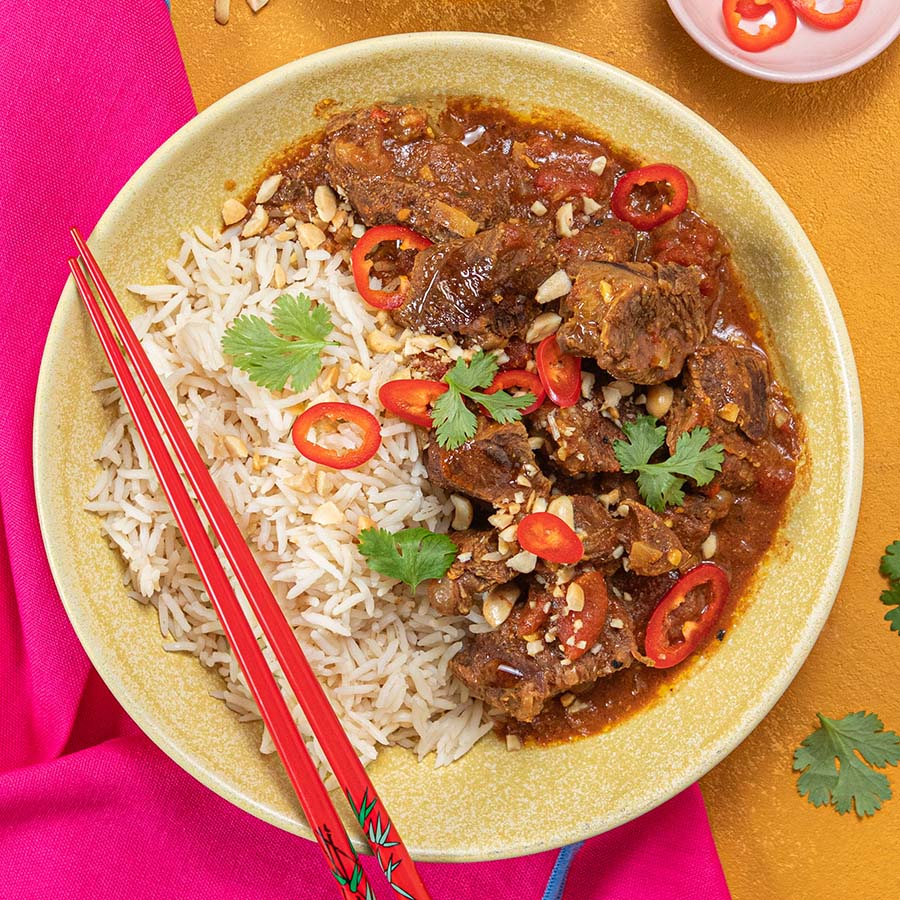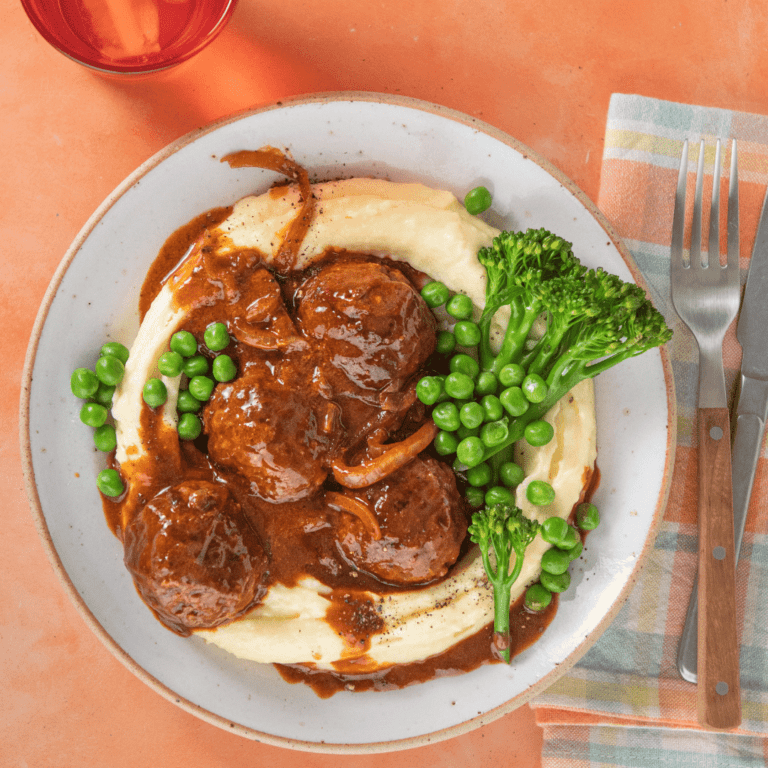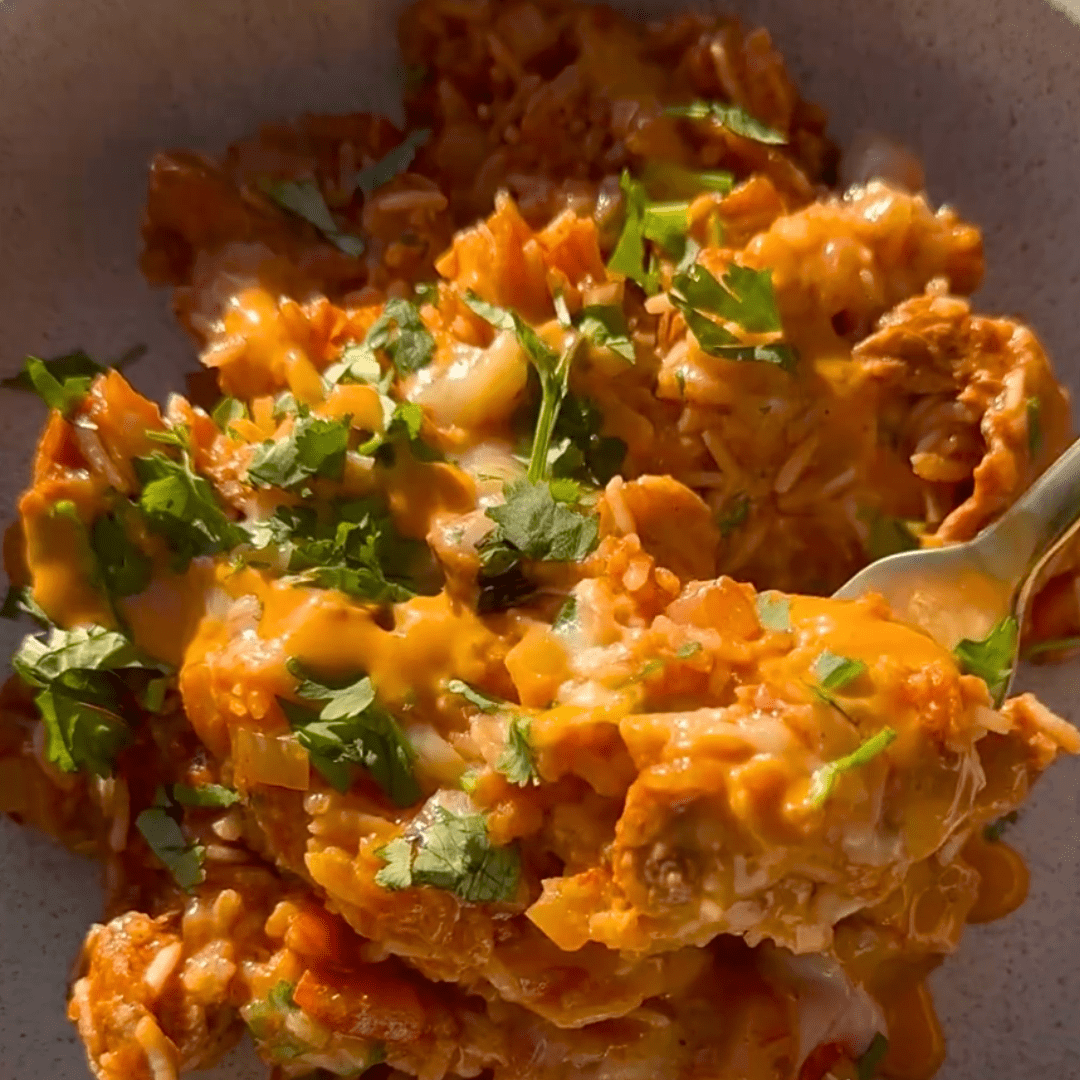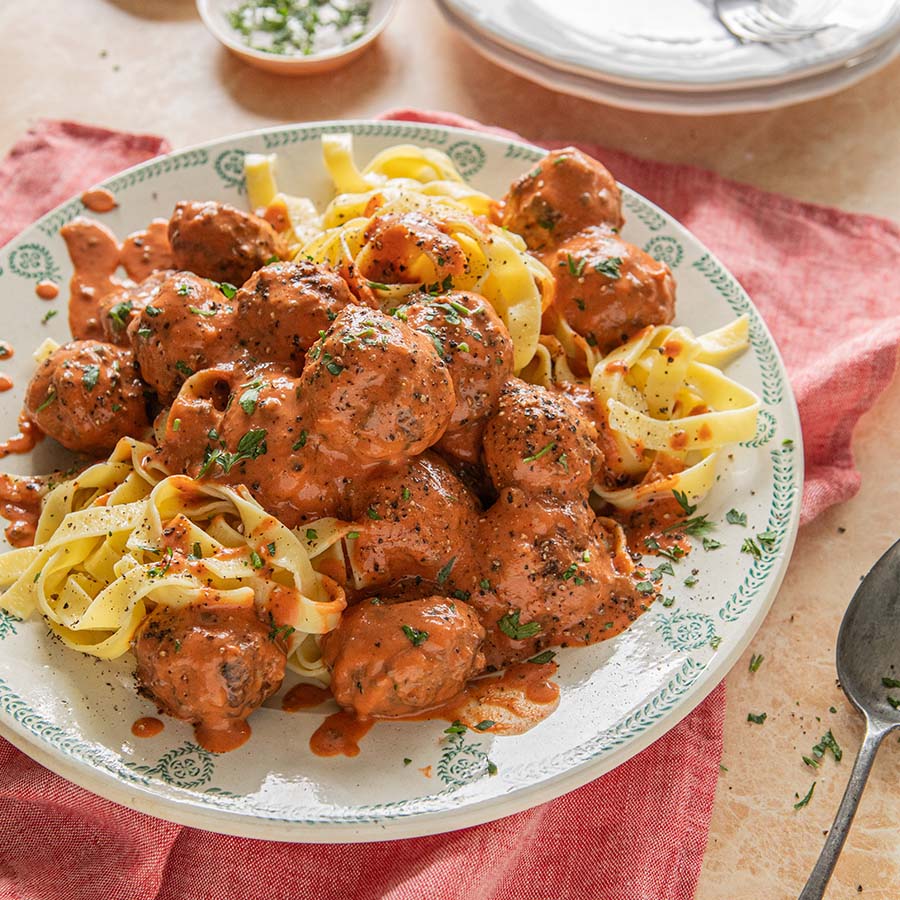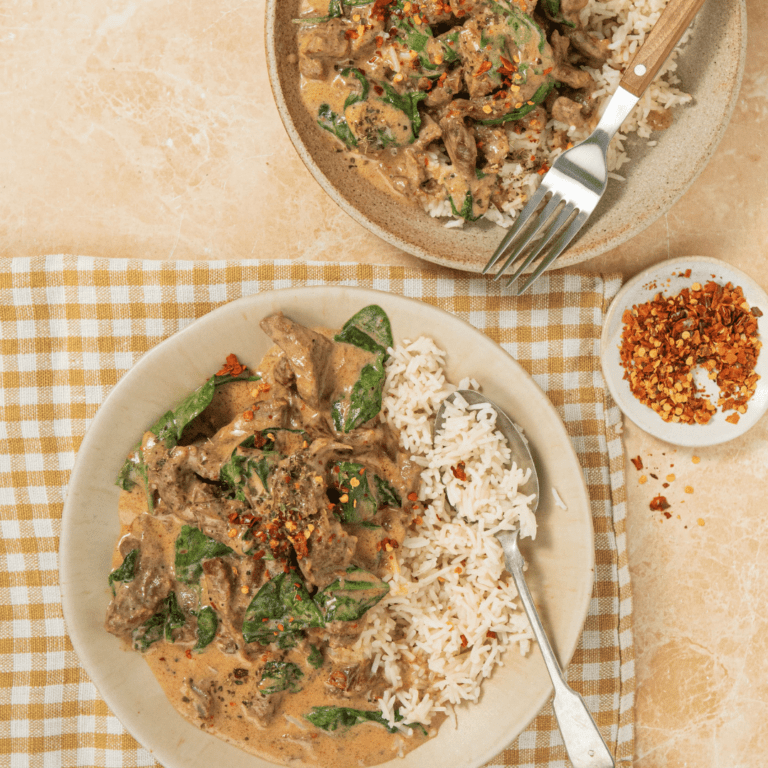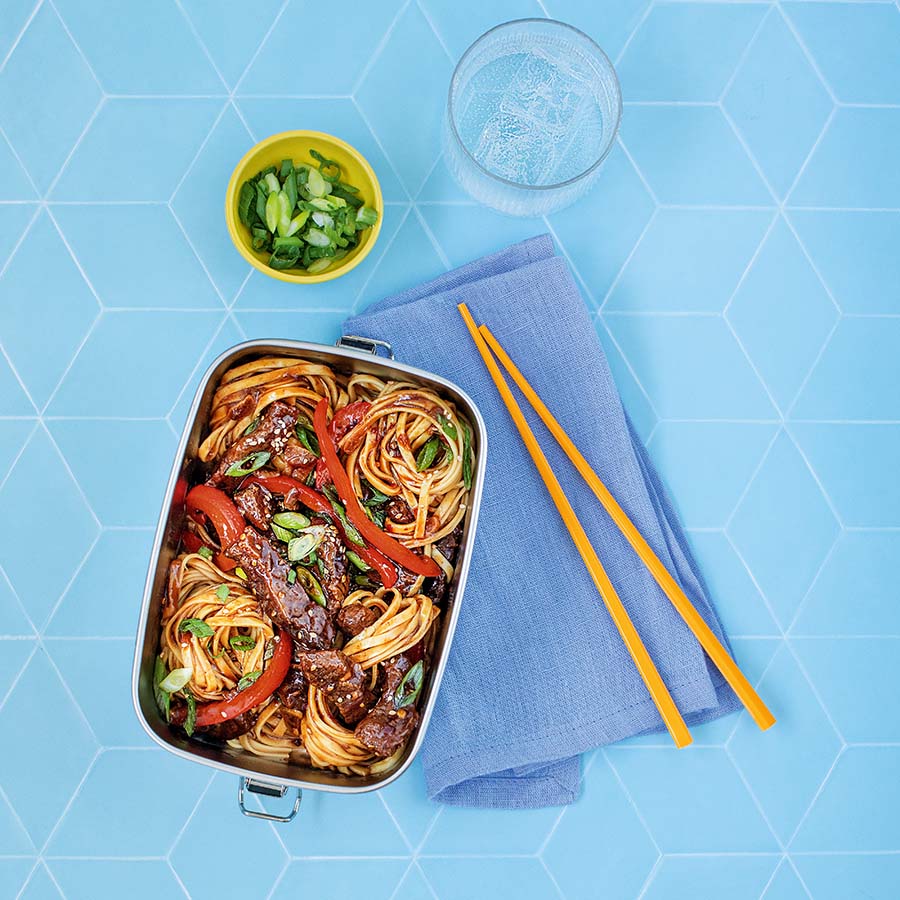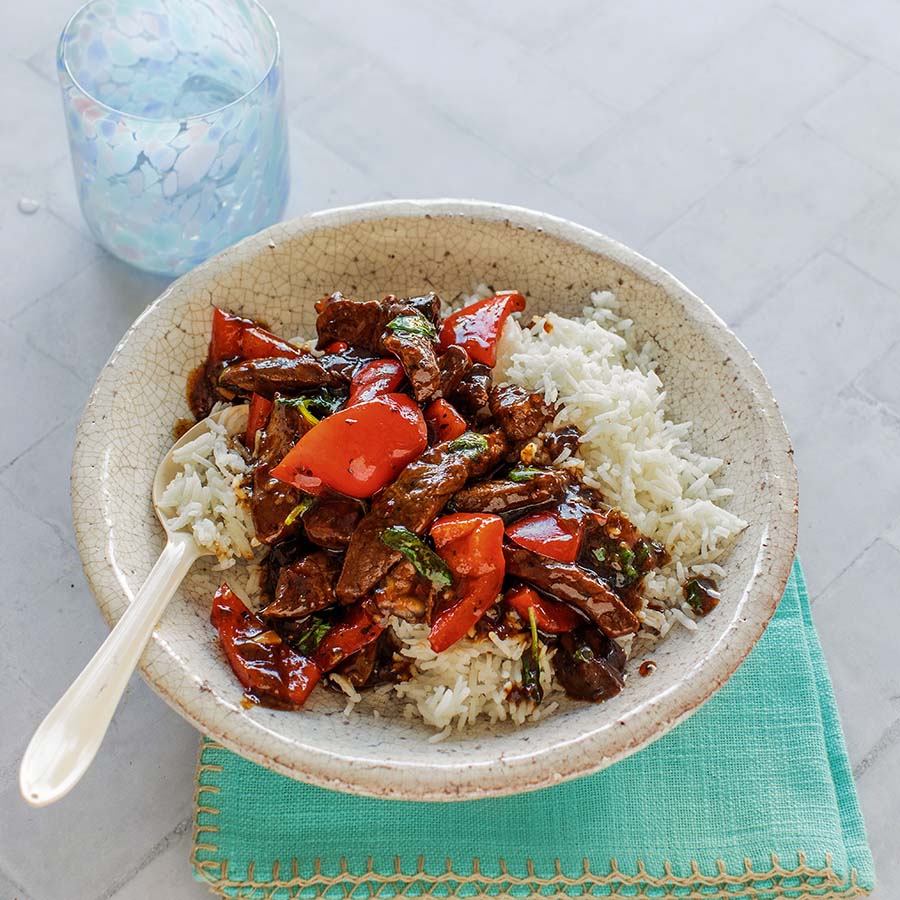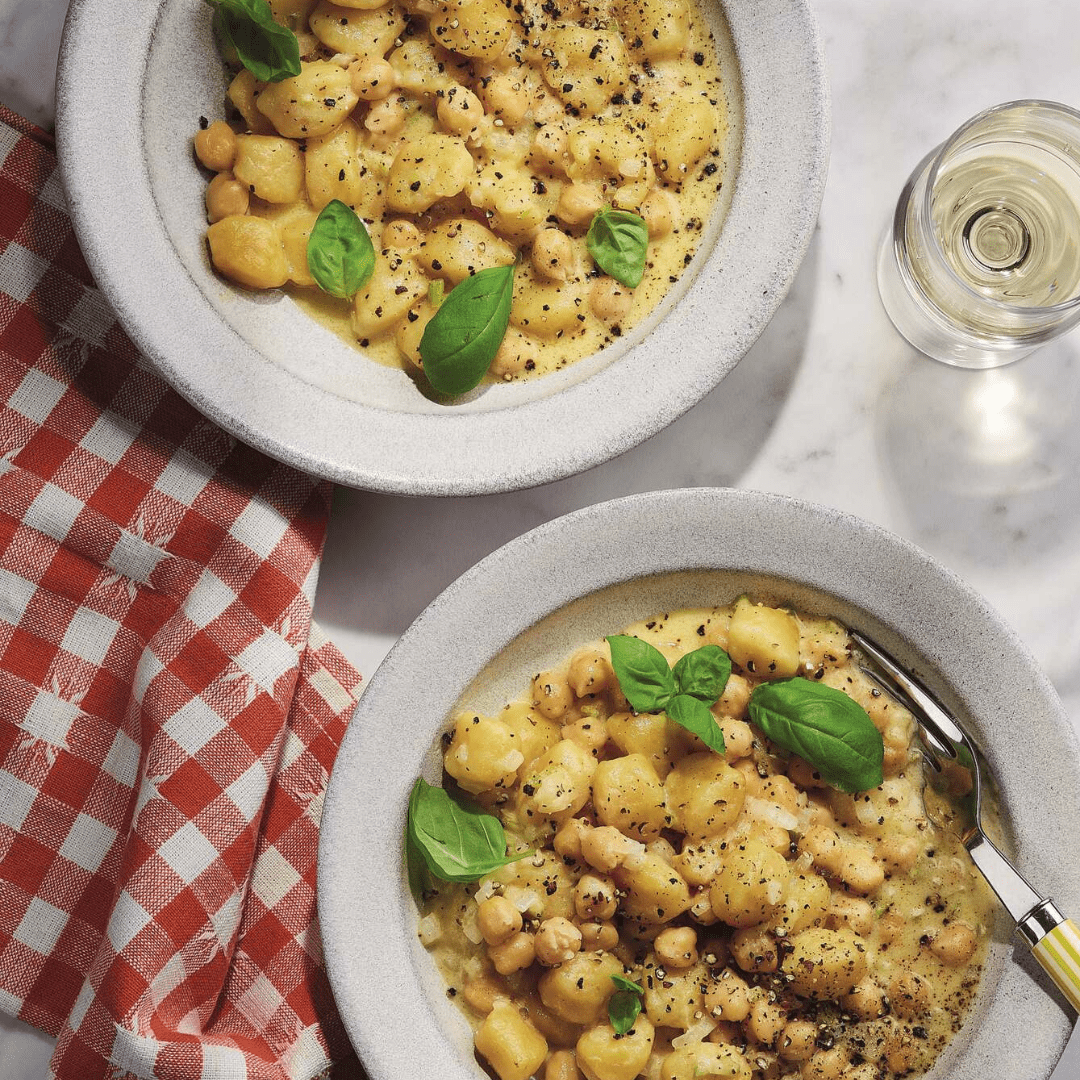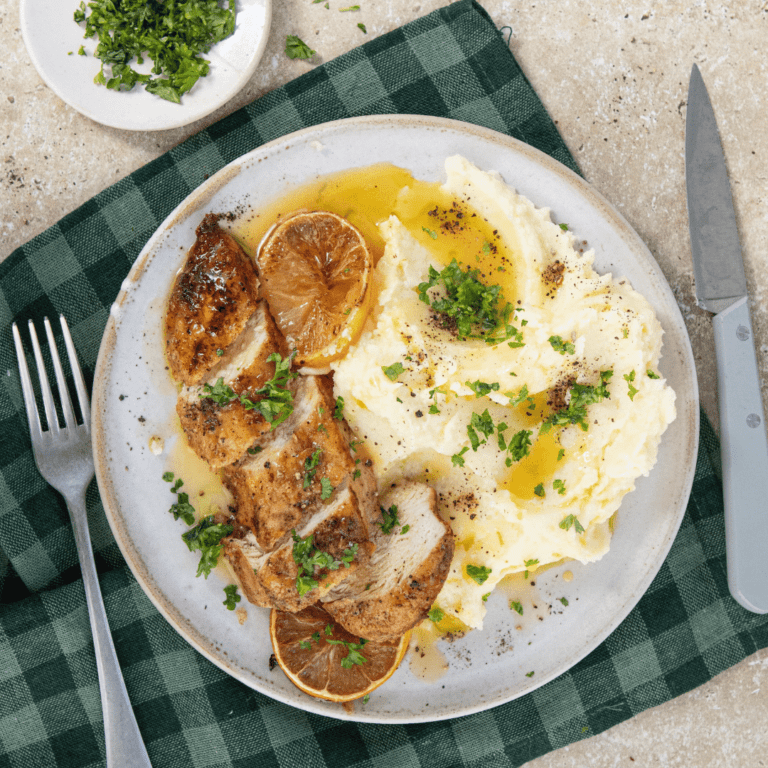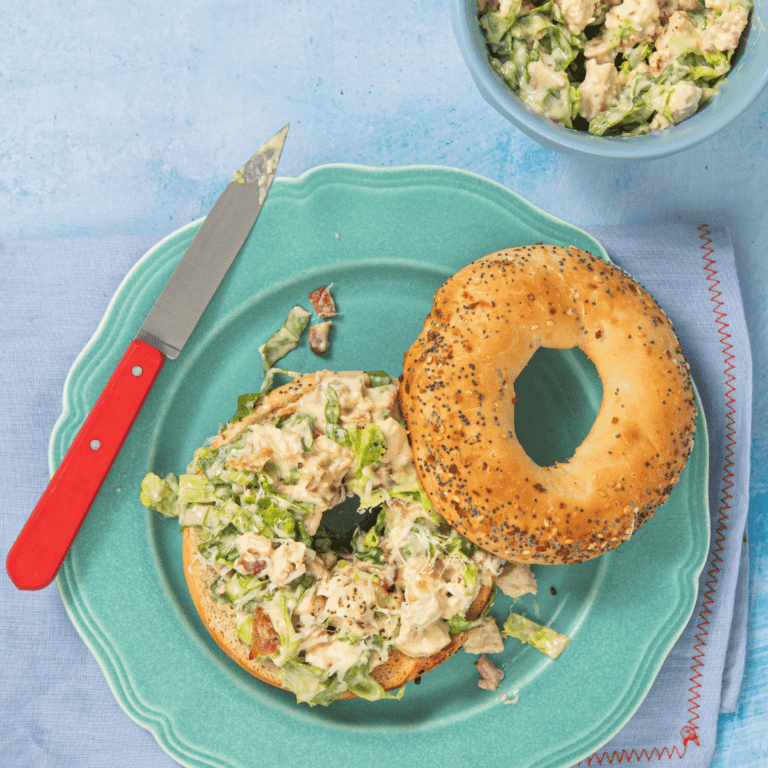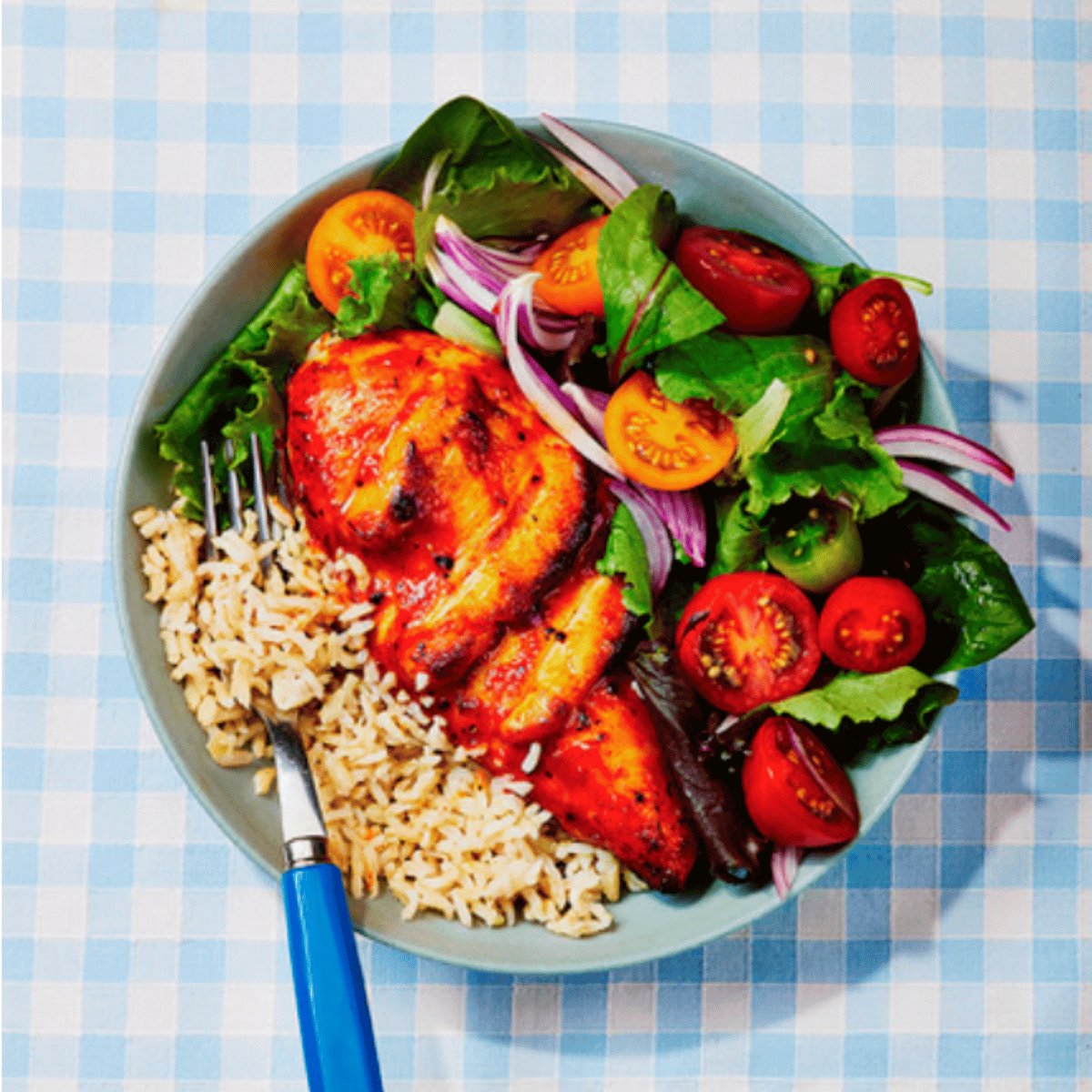OUT NOW: Bored of Lunch 12 Week Meal Planner 📝
BUY NOWBlog / Slow Cooker Beef Recipes
Slow Cooker Beef Recipes
When it comes to beef, slow cookers excel at transforming even the toughest cuts into tender, flavourful dishes. The slow cooking process breaks down connective tissues, resulting in succulent textures and rich flavours that develop over hours. In this guide, we’ll explore the benefits of slow cooking, compare it to other methods, and share a selection of mouthwatering beef recipes that are sure to become family favourites. Whether you’re in the mood for a hearty stew or a classic beef brisket, my slow cooker beed recipes will inspire you to make the most of your slow cooker.
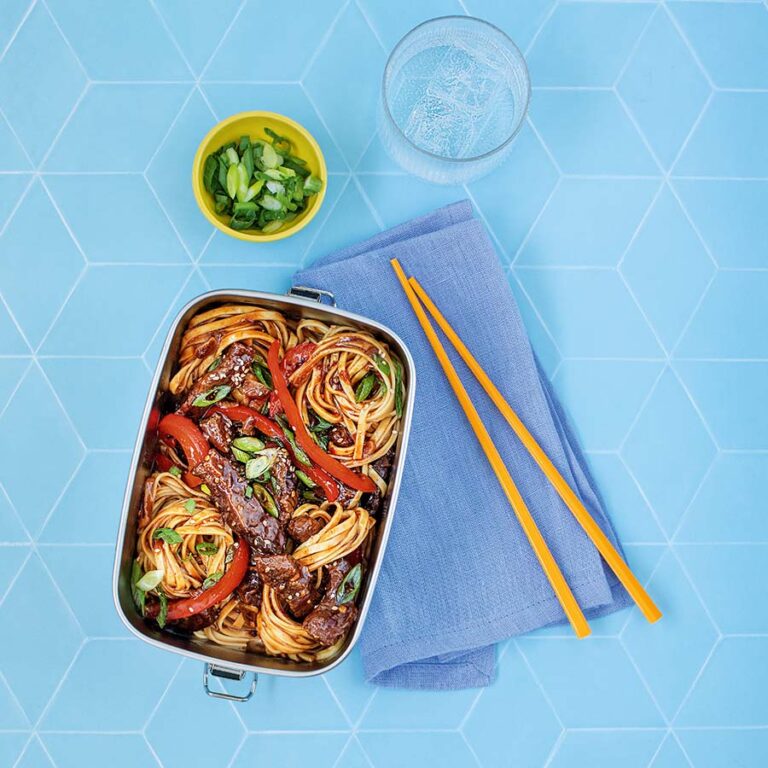
The Ultimate Guide to Hearty, Hassle-Free Meals
Slow cookers have become a staple in many kitchens, offering a convenient way to prepare delicious meals with minimal effort. When it comes to cooking beef, slow cookers truly shine, transforming even the toughest cuts into tender, flavourful dishes. In this comprehensive guide, we’ll explore the benefits of slow cooking, compare it to other cooking methods, and share some mouthwatering beef recipes that are sure to become family favourites.
Why Cook in a Slow Cooker?
Slow cookers (also known as crock pots), have gained popularity for several reasons:
- Convenience: You can simply add your ingredients in the morning, set the cooker, and return home to a fully prepared meal
- Energy Efficiency: Slow cookers use less electricity than conventional ovens, making them a more energy-efficient option for long-cooking dishes
- Flavour Enhancement: The low, slow cooking process allows flavours to develop and meld together, resulting in rich, complex tastes
- Tenderising Tough Cuts: Slow cookers excel at breaking down tough, collagen-rich cuts of meat, turning them into succulent, fall-apart tender dishes
- Nutritional Benefits: The gentle cooking process helps retain more nutrients compared to other high-heat cooking methods
Slow Cooker vs Pressure Cooker
While both slow cookers and pressure cookers offer convenient cooking solutions, they operate quite differently. Slow cookers typically require 4-8 hours of cooking time, using low and steady temperatures to achieve fall-apart tender textures and gradually develop deep flavours. They offer a ‘set and forget’ convenience with low, consistent energy use. In contrast, pressure cookers work much faster, usually taking between 10-60 minutes to cook meals. They use high pressure and high heat to create tender but firmer textures and produce quick, intense flavours. Pressure cookers require more monitoring during use and consume more energy, albeit for shorter periods.
Slow cookers are ideal for those who prefer to prepare meals in advance and enjoy the process of flavours developing over time. They’re perfect for busy individuals who can set up their meal in the morning and return to a fully cooked dinner. Pressure cookers, on the other hand, are better suited for quick, last-minute meals when time is of the essence. They’re a great option for those who want to prepare nutritious, home-cooked meals but don’t have hours to spend in the kitchen. Ultimately, the choice between a slow cooker and a pressure cooker depends on your cooking style, schedule, and the types of dishes you prefer to make.
Slow Cooker vs One Pot
One-pot cooking and slow cooking share some similarities, but they also have distinct differences that set them apart. The cooking method is the primary distinction between the two. Slow cookers utilise low, consistent heat over extended periods, often for several hours, to gradually cook and tenderise ingredients. In contrast, one-pot dishes are typically prepared on the stovetop or in the oven at higher temperatures, resulting in shorter cooking times.
When it comes to convenience, slow cookers have a clear advantage. They allow for unattended cooking, meaning you can set up your meal and leave it to cook while you go about your day. One-pot meals, however, usually require more hands-on attention, including stirring and monitoring throughout the cooking process.
Versatility is where one-pot cooking shines. This method offers more flexibility in terms of adjusting flavours and textures during the cooking process. You can easily taste and tweak seasonings, add ingredients at different stages, or adjust the cooking temperature as needed. Slow cookers, while excellent for set-and-forget meals, don’t offer the same level of adaptability once cooking has begun.
Despite their differences, both methods share one significant advantage: easy clean-up. Whether you’re using a slow cooker or preparing a one-pot meal, you’ll generally only have one main cooking vessel to wash at the end, making post-meal tidying a breeze. This aspect of both cooking methods is particularly appealing for those who value simplicity and efficiency in the kitchen.
Slow Cooker vs Oven
When comparing slow cookers to ovens, several factors come into play, each with its own advantages and considerations. In terms of energy efficiency, slow cookers typically have the upper hand, especially for long-cooking dishes. They use less electricity than conventional ovens, making them a more economical choice for dishes that require extended cooking times. However, ovens excel in heat distribution, providing more even heating throughout the cooking space. This characteristic makes ovens particularly beneficial for baking and roasting, where consistent temperature is crucial.
Moisture retention is another area where slow cookers shine. Their design and low, steady heat are ideal for keeping dishes moist, making them perfect for stews, braises, and other recipes that benefit from a moist cooking environment. Ovens, while capable of producing moist dishes with proper techniques, generally create a drier heat environment.
When it comes to versatility, ovens offer a wider range of cooking options. They can be used for baking, roasting, broiling, and even grilling with the right attachments. This versatility allows for a greater variety of cooking methods and dishes. Slow cookers, while excellent at what they do, are more limited in their cooking methods. Capacity is another consideration where ovens generally have an advantage. Most ovens have larger cooking spaces, allowing for the preparation of multiple dishes simultaneously or larger portions for big gatherings. Slow cookers, while available in various sizes, typically have a more limited capacity.
Why Cook Beef in the Slow Cooker?
Beef is particularly well-suited to slow cooking for several compelling reasons, making it a favourite ingredient for many slow cooker enthusiasts. One of the primary advantages is the tenderising effect on tough cuts of meat. The low, consistent heat of a slow cooker gradually breaks down the connective tissues in tougher, less expensive cuts of beef, resulting in tender, flavourful meat that practically melts in your mouth. This process not only improves texture but also enhances flavour development. Over the long cooking period, the beef has ample time to absorb the flavours of herbs, spices, and other ingredients, creating rich, complex tastes that are difficult to achieve with quicker cooking methods.
Moisture retention is another significant benefit of slow cooking beef. The sealed environment of a slow cooker keeps moisture locked in, preventing the meat from drying out during the extended cooking process. This ensures that your beef dishes remain succulent and juicy, even after hours of cooking. The convenience factor cannot be overstated either. With a slow cooker, you can prepare a hearty beef dish with minimal hands-on time, making it perfect for busy weekdays or lazy weekends. Simply add your ingredients in the morning, and return home to a fully cooked, delicious meal.
Lastly, slow cooking beef is cost-effective. It allows you to use less expensive cuts of beef, such as brisket, or shin, while still achieving delicious results. These tougher cuts, which might be challenging to prepare using other cooking methods, become tender and flavourful when slow-cooked. This means you can create gourmet-quality meals without breaking the bank, making slow cooker beef dishes an economical choice for feeding families or entertaining guests.
Delicious Slow Cooker Beef Recipes
Now that we’ve explored the benefits of slow cooking beef, let’s dive into some mouthwatering recipes that are sure to please your palate.
Happy Slowcooking!
Slow cooker beef recipes offer a world of possibilities for creating delicious, hassle-free meals. From classic stews to exotic curries, the slow cooker’s ability to transform tough cuts of beef into tender, flavourful dishes is truly remarkable. By understanding the benefits of slow cooking and following our simple recipes and tips, you’ll be well on your way to mastering the art of slow cooker beef dishes. So dust off that slow cooker, choose your favourite recipe, and get ready to enjoy the mouthwatering aromas and tastes of perfectly cooked beef with minimal effort.
Join the newsletter
Subscribe to the BoL newsletter for exclusive recipes, exciting competitions, and much more!
